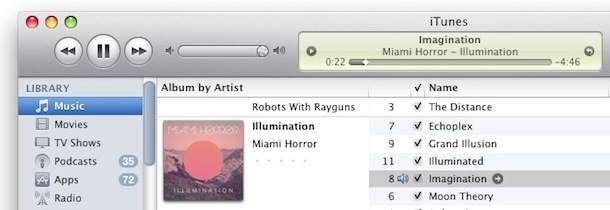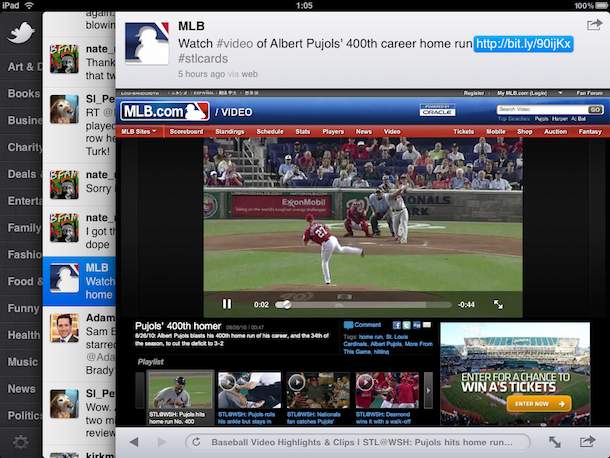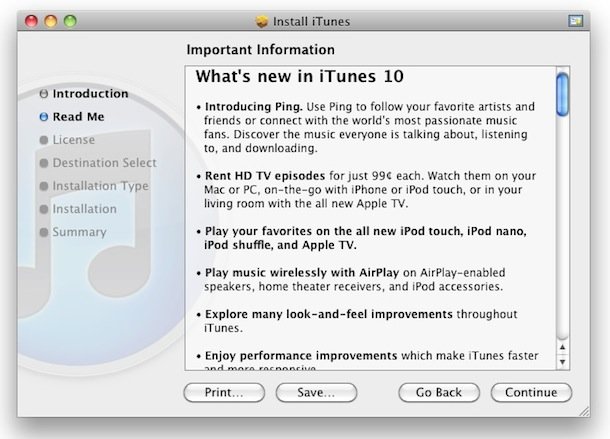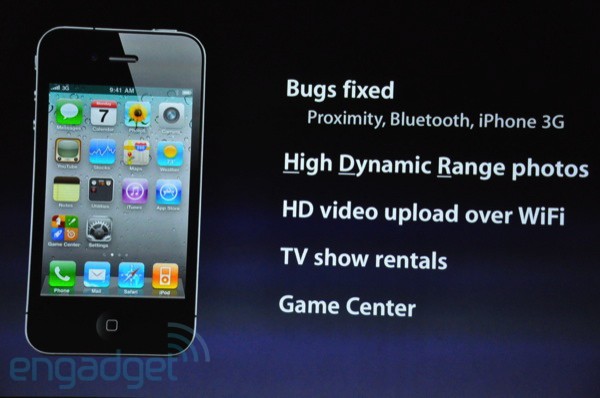iPhone Development Costs
 Ever since Apple introduced the App Store, there’s been a gold rush of sorts to the iPhone & iOS platform. With the release of the iPod touch and iPad, interest in the devices has only grown, but unfortunately so have development costs. So what is it going to cost you to get that app developed for the iPhone? It depends on a number of factors, so here are some numbers on hourly and project rates to give you an idea. It’s generally not cheap, but there are some solutions for affordable app development.
Ever since Apple introduced the App Store, there’s been a gold rush of sorts to the iPhone & iOS platform. With the release of the iPod touch and iPad, interest in the devices has only grown, but unfortunately so have development costs. So what is it going to cost you to get that app developed for the iPhone? It depends on a number of factors, so here are some numbers on hourly and project rates to give you an idea. It’s generally not cheap, but there are some solutions for affordable app development.
FYI, I’m going to refer to the iPhone here but obviously this pertains to the iPad and iPod touch just the same, it’s all the iOS platform.
Read more »

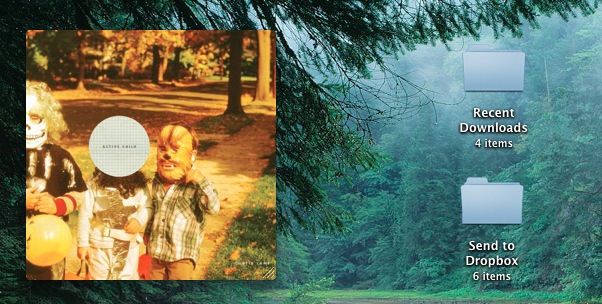
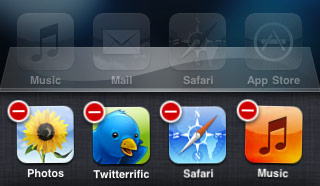 With the release of
With the release of 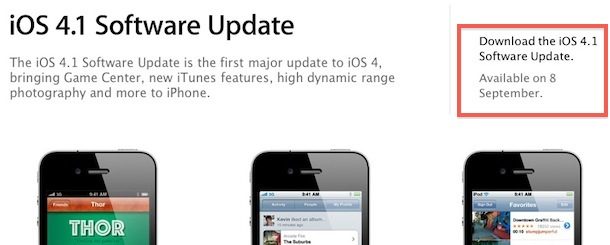
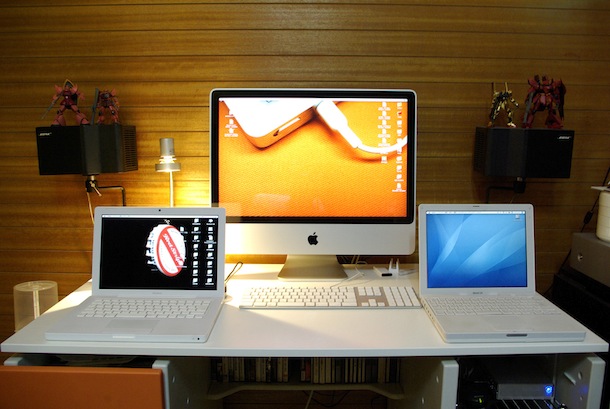
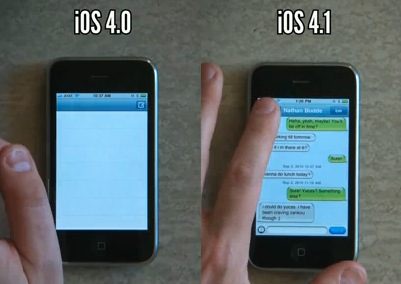
 If you have an older MacBook or MacBook Pro and you envy your friends with newer models and their fancy inertial scrolling, envy no more. InertialScroll is a simple freeware utility that allows you to enable inertia scrolling on older Mac laptops, the only requirement is that they have multitouch trackpads (this covers at least 2009 and some 2008 models).
If you have an older MacBook or MacBook Pro and you envy your friends with newer models and their fancy inertial scrolling, envy no more. InertialScroll is a simple freeware utility that allows you to enable inertia scrolling on older Mac laptops, the only requirement is that they have multitouch trackpads (this covers at least 2009 and some 2008 models). 